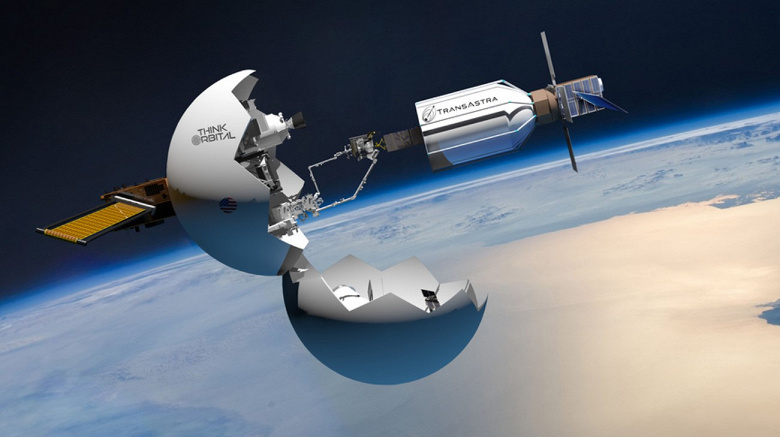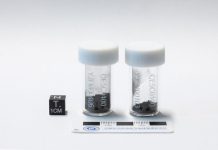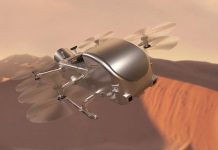Space startup TransAstra wins $850,000 contract
Space startup TransAstra wins $850,000 NASA contract to make space debris capture bag
As part of this contract, TransAstra will develop an inflatable bag and demonstrate on the ground how the device can cover an object in orbit.
In 2021, TransAstra designed a small, exciting bag for NASA funding through the Innovative Advanced Concepts program. The new contract was awarded to TransAstra in NASA’s SBIR Ignite program, which supports early-stage technologies with potential commercial applications.

“Initially, we developed a prototype of a small immersive bag to demonstrate the mining of asteroids in low Earth orbit. But then we realized that this is a great way to clear the orbit of debris, ”said Joel Sercel, founder of TransAstra.
Small gripping bags can collect cubic satellites. The big ones are old rockets, broken geostationary communications satellites, or even asteroids weighing up to 50,000 tons. Sercel believes that grab bags have advantages over other methods of clearing debris from orbit. For example, TransAstra will be able to capture multiple objects with one bag, instead of removing each piece individually.
Space startup TransAstra wins $850,000 contract from NASA to make space debris bag
“They don’t require any special fastening to use. This technology does not require precision docking with the object. You have to be precise enough to just open the bag, wrap around the object and close the bag,” Sercel said.
A recent study by TransAstra and startup ThinkOrbital proposes transporting debris or failed satellites to a special platform in space. The operation of capturing, preserving and reusing space technology allows to reduce costs by 6 times compared to the costs of transporting objects individually to a low enough orbit for their subsequent entry into the Earth’s atmosphere. The reuse approach also cuts fuel costs by 82% and reduces cleaning time by 40%.

TransAstra and ThinkOrbital are proposing to launch exciting bags on the TransAstra Worker Bee spacecraft. Once in orbit of the target debris, the Worker Bee transports it to the ThinkPlatform, which will be developed by ThinkOrbital.
ThinkOrbital plans to equip ThinkPlatform with tools to inspect, repair and recycle facilities.
Grab bag technology was invented at NASA’s Jet Propulsion Laboratory for the Asteroid Redirect Mission, in the event of an encounter with a near-Earth asteroid to move it into lunar orbit.




